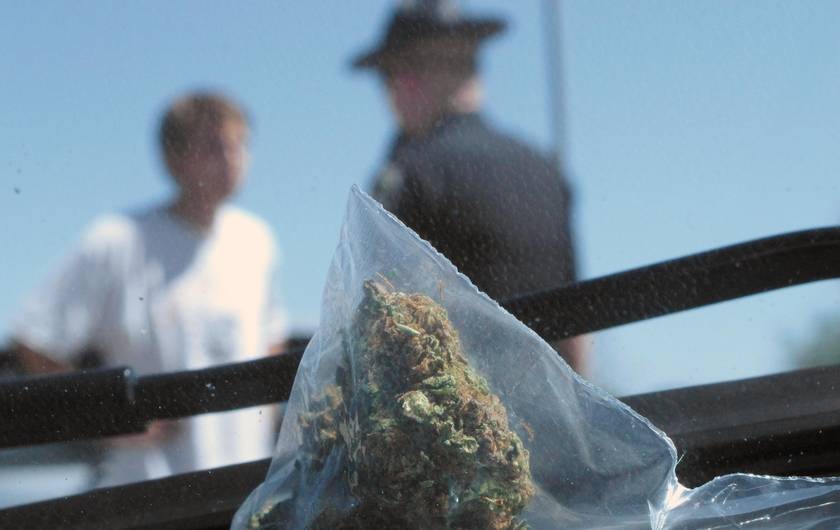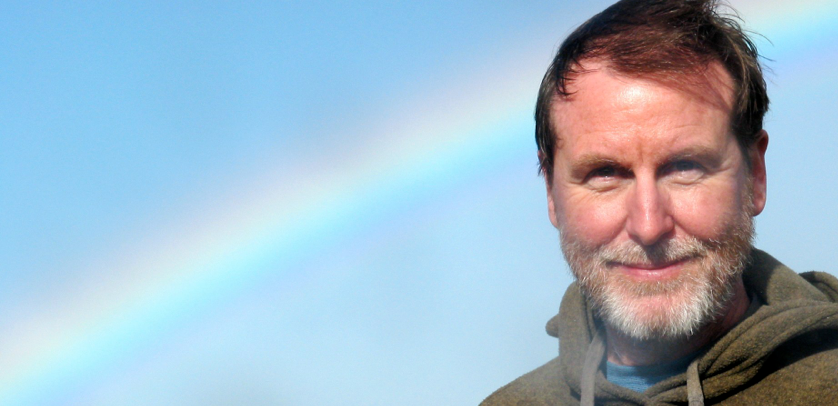A Conversation With Nobel PrizeWinning Economist Vernon Smith
Post on: 2 Апрель, 2015 No Comment

Vernon Smith on what experimental economics has to say on the housing market:
Vernon Smith. We’re asking some questions that came out of the economic crisis. We started doing asset-trading experiments in the ’80s and discovered bubbles, quite unintentionally.
reason. In your experiments, you were able to create bubbles, or did they just pop up?
Smith. They popped up. We thought we would create bubbles, but we never had to.
reason. How does a bubble take place?
Smith. Right now, we don’t understand why people get caught up in self-reinforcing expectations of rising prices. The first time you’re in this experiment, you may have bought early and you may have sold before the break. Bring those same people back in another two or three days, put them in the same environment, and we get a lower-volume bubble. Typically, it booms earlier and crashes earlier; they are expecting a bubble. Bring them back a third time, and they tend to trade fairly close to fundamental value.
reason. How does this type of experiment map onto, say, the last five years in America?
Smith. If you think about the housing bubble, buyers, sellers, borrowers, lenders, real estate agents, government regulators—everybody believed that prices would rise and continue to rise. And that is the essence of a bubble. Suppose a regulator in 2003 or 2004 said, “Hey, this thing is not sustainable. We’ve got to do something to stop it.” I think he’d have been fired. If the bubble had been stopped in 2003 or 2004, it probably would have been a lot less damaging. But who’s going to know that?
On the Federal Reserves response to the financial crisis:
Smith. It’s really interesting to look at the Federal Open Market Committee press releases in 2007. On August 7, 2007, the press release said the housing market is going through an adjustment; we’re still concerned about inflation. Three days later, because of the collapse in the credit default market, that completely changed. The Federal Reserve, Bernanke realized they had a financial crisis on their hands. That’s how quickly it happened, and the signal came from a market. It did not come from the econometric models. I think to Bernanke’s credit that he changed. He turned on a dime. How many times had he said it was not the business of the Federal Reserve to rescue investors from the consequences of their own decisions? That’s exactly what he ended up doing. I don’t believe he wanted to do it. I think he meant the earlier statements, but he had no choice.

reason. If we hadn’t bailed out the banks, if we hadn’t passed TARP, the economy would have ceased to exist?
Smith. I think the more important thing is what the Federal Reserve did, not the Treasury program. You can always go back and say, well things should have been done earlier to prevent that from happening. Yes, yes, I agree. But the point is, what do you do in that case? Here it is, in spite of whatever mistakes had been made before. And Bernanke is testing the Friedman-Schwartz hypothesis right now—that if the Fed had acted and flooded the system with liquidity in the early ’30s, that we’d have prevented the Great Depression.
On economics as a profession:
reason. Economists enjoy a possibly unprecedented kind of cultural power now. They can write best-selling books. They can run the world economy. Where does economics as a serious discipline need to be moving next?
Smith. To me, the major problem in economic theory is the preoccupation with modeling for its own sake and not asking the fundamental questions. These fundamental questions have to do with dynamics; they have to do with property rights. Basic questions like: “How can it be that specialization, exchange, and property rights came about?” You can’t have one without the other. We think today of property rights as something that comes from the state. That couldn’t possibly be how they originated. Our small-group experiments are trust games. Imagine a trust game in which I’m a first mover and you’re the second mover. I move first. I can choose $10 for each of us, or I can pass to you. If I pass to you, the $20 becomes $40. You can give me 15 and keep 25, or you can give me nothing and get the whole 40. Game theory says I should never pass to you, because if you’re self-interested, you’ll take the 40. But what’s remarkable is half the people we recruit in the undergraduate lab—half of the first movers [pass] to the second. And two-thirds to three-quarters reciprocate with 15/25—they don’t take the total. You can’t understand that with game theory. You can understand it by reading The Theory of Moral Sentiments.
Read the full interview here .














